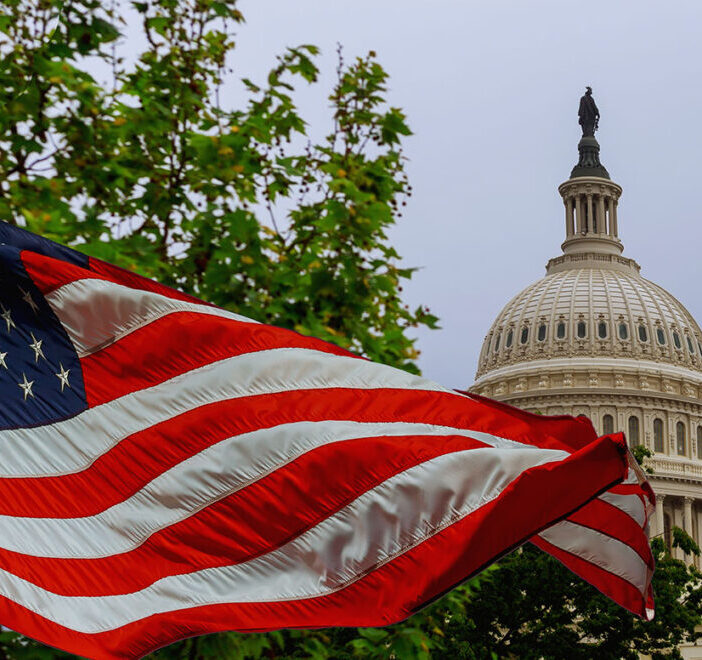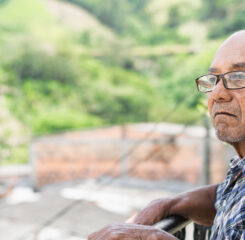On October 24th, Senator Casey was joined by 17 colleagues to introduce the HCBS Relief Act (S. 3118) – a house companion bill led by Representative Dingell is expected to be introduced shortly. The bill would offer states a 10% boost in federal medical assistance percentage (FMAP) for two years to support Medicaid home and community- based services (HCBS) programs and providers. As home and community-based services providers struggle to survive and to find and retain adequate staff, Senator Casey acknowledges the federal government can support states in stabilizing their Medicaid HCBS sector. The bill offers a breadth of allowable activities states could pursue including increasing provider rates, expanding worker training programs, providing retention or recruitment incentives, expanding employee benefits for paid time off, and expanding slots in existing waiver programs. States would have to apply to the Centers for Medicare and Medicaid Services (CMS) for approval of allowable expansion activities within 1115, 1915 and PACE authorities. The bill includes evaluation language that will require data gathering from states and assessment following the two-year period to determine how expended funds were used to expand access and promote expansion of HCBS.
Congress allocated additional funding through the American Rescue Plan Act (ARPA). The Act included both significant grants to stabilize state budgets and authorized CMS to provide an additional 10% FMAP for qualifying HCBS-supporting activities. These two tandem investments allowed states to appropriate grant funds to increase the State share of their Medicaid budgets. These offerings included increased rates for certain services, expanding training programs for direct care staff, and expanding access to existing programs. In turn, these additional state investments that were also ‘qualifying activities’ to claim the additional FMAP allowed states to access the extra federal match. The temporary FMAP increase expired in March of 2022, though states have until December 2024 to encumber their local grant funding allowing for ongoing spending through December of 2026 as state legislatures appropriate funds in upcoming years.
This temporary federal investment has left a cliff for states facing the expiration of federal funding though many have made permanent investments in their HCBS infrastructure with recurring costs. Senator Casey’s bill will offer a two-year bridge of FMAP to stabilize HCBS programs, allowing states to maintain or further expand access to vital services that allow Medicaid participants to remain in the homes in the community. This bill aims to build on the recovery and stabilization that the ARPA funds allowed and to create a bridge toward longer term expansion and sustainability. Pandemic flexibilities allowed states to open doors, broaden eligibility, and make investments in home and community-based services that were long overdue While a longer term investment is needed to truly allow states to invest in the sustainability and expansion of HCBS, the HCBS Relief Act would act as an important starting place so that we do not lose gains made due to ARPA funding.
More on the bill can be found in Senator Casey’s release.
LeadingAge President and CEO, Katie Smith Sloan, noted that, “Older Americans increasingly want choices that allow them to stay in their homes and communities as they age—but it’s increasingly difficult for people to access the care and services they need.” Adding that, “The nonprofit, mission-driven providers in our membership who are likely to benefit from this legislation—including home care, adult day, Programs for All Inclusive Care for the Elderly (PACE), personal care and other programs—appreciate that federal leaders recognize the critical role they play in the lives of American families.” She urged additional lawmakers to cosponsor this bill in a statement issued in response to the introduction.
LeadingAge supports this bill and will continue to advocate for its passage as well as the bigger investments proposed by the Better Care Better Jobs Act.

 Shutdown Week Three: Impact of Ongoing Closure on Affordable Housing
Shutdown Week Three: Impact of Ongoing Closure on Affordable Housing


